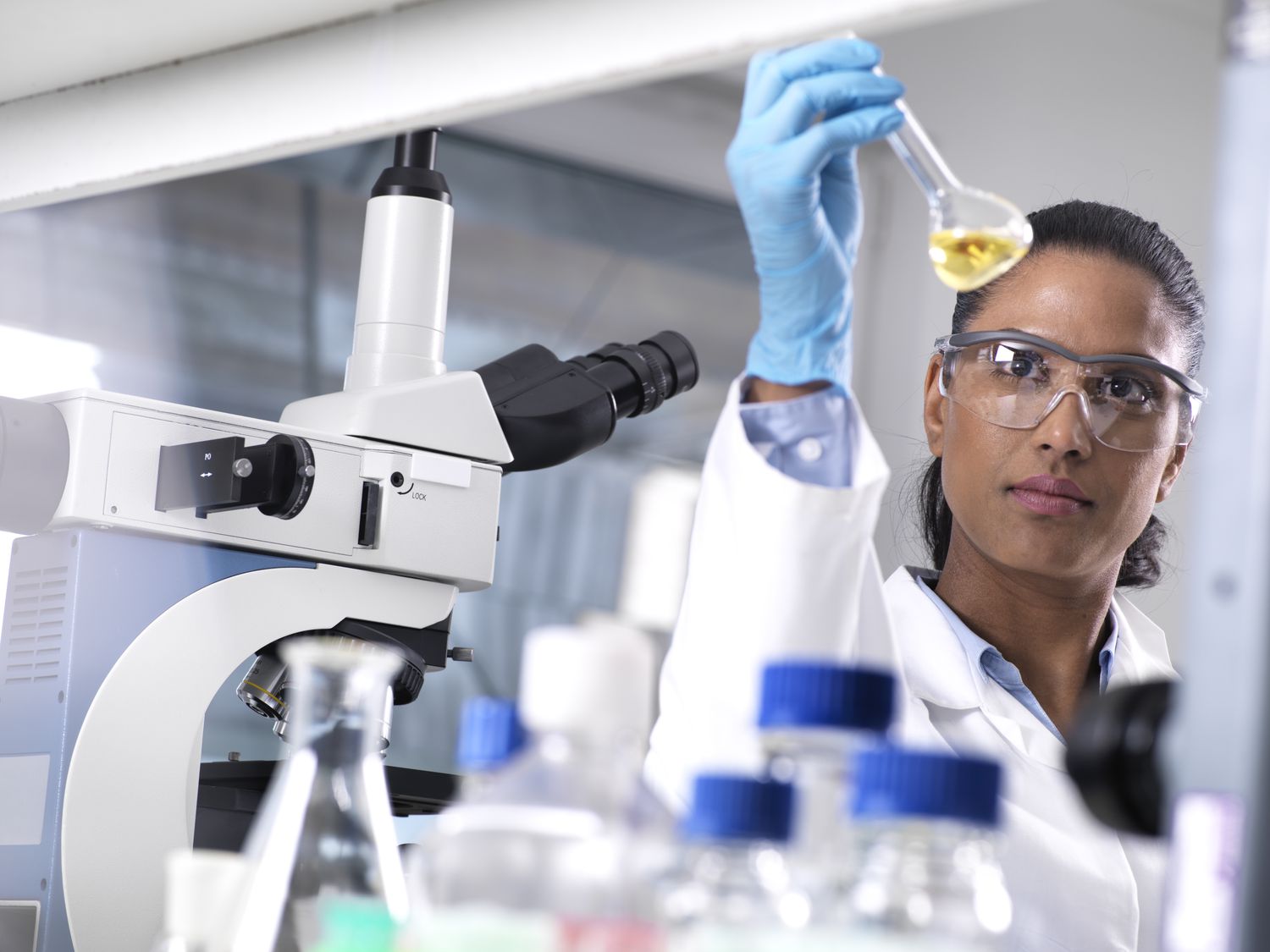
The Ethical Dilemmas in Biotechnology
The Ethical Dilemmas in Biotechnology
Biotechnology is transforming the world through groundbreaking advancements in medicine, agriculture, and environmental sustainability. However, these innovations also raise significant ethical concerns. As biotechnology continues to evolve, it is crucial to address the ethical dilemmas it presents to ensure responsible and equitable progress. Below are some of the key ethical challenges in biotechnology.
1. Genetic Engineering and Human Genome Editing
The ability to edit genes using tools like CRISPR has opened new possibilities for treating genetic disorders, but it also presents ethical concerns, including:
- Designer Babies – Should gene-editing technologies be used to enhance physical or intellectual traits in unborn children?
- Unintended Consequences – Genetic modifications could have unforeseen long-term effects on human health and evolution.
- Accessibility and Equity – Will gene-editing therapies be available only to the wealthy, creating a deeper societal divide?
2. Cloning and Stem Cell Research
Cloning and stem cell research hold immense potential for medical advancements, but they also spark ethical debates:
- Human Cloning – Should cloning be allowed for reproductive purposes or limited to medical research?
- Embryonic Stem Cells – The use of embryos for research raises moral questions about the beginning of human life.
- Animal Cloning – Ethical concerns arise regarding the welfare of cloned animals and their role in research and agriculture.
3. Privacy and Genetic Data
With the rise of genetic testing and personalized medicine, concerns about genetic privacy and data security are growing:
- Ownership of Genetic Information – Who has the right to access and control an individual’s genetic data?
- Discrimination Risks – Employers or insurance companies may misuse genetic information to discriminate against individuals.
- Data Security – As genetic databases expand, the risk of cyber threats and misuse of personal data increases.
4. Biotechnology in Agriculture and Food Production
Biotechnology has revolutionized food production, but its applications in agriculture raise ethical concerns:
- Genetically Modified Organisms (GMOs) – Are GMOs safe for human consumption, and should consumers have the right to know if their food contains them?
- Corporate Control – Large biotech companies patenting seeds and controlling food production raise concerns about monopolization and farmers’ rights.
- Environmental Impact – The long-term effects of genetically modified crops on ecosystems and biodiversity remain uncertain.
5. Artificial Intelligence and Biotechnology Integration
The use of AI in biotechnology for drug discovery, diagnostics, and genetic research raises ethical questions such as:
- Bias in AI Models – Can AI algorithms reinforce existing biases in healthcare and research?
- Human Oversight – To what extent should AI systems make critical decisions in medicine and genetic research?
- Job Displacement – Automation in biotech industries may lead to workforce displacement and socioeconomic challenges.
Conclusion
Biotechnology holds immense promise for improving human health, food security, and environmental sustainability, but ethical dilemmas must be carefully navigated. Open discussions, responsible policies, and ethical oversight are essential to ensuring that biotechnological advancements benefit all of society without compromising ethical values.
What are your thoughts on the ethical challenges in biotechnology? Share your opinions in the comments below!













